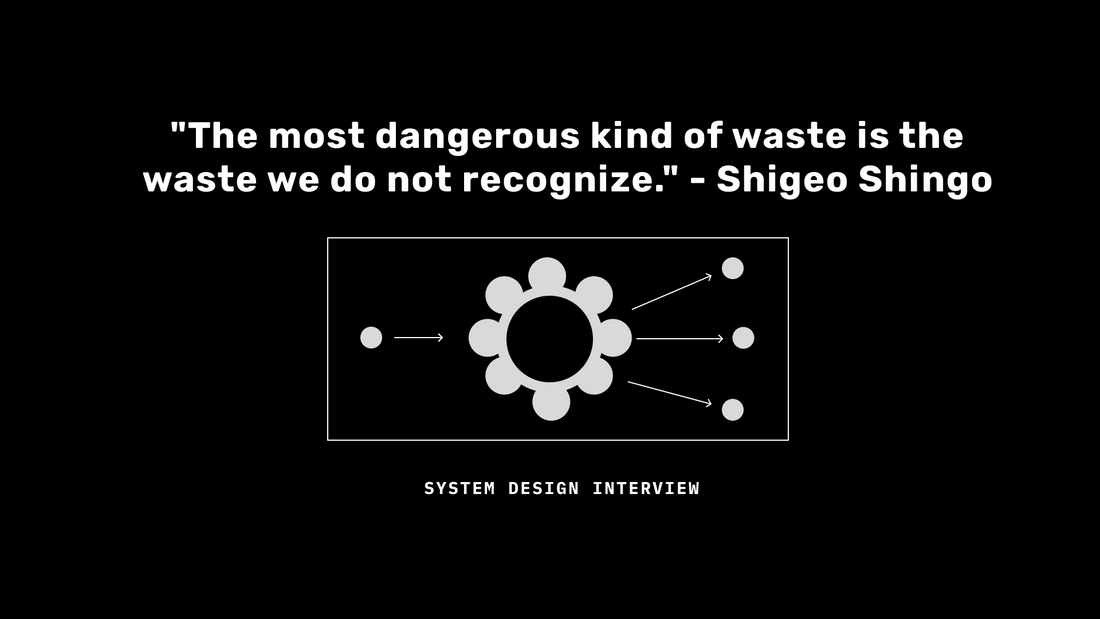System design interviews often come across as daunting challenges, especially when you're aiming for a role in the tech industry that demands a deep understanding of architectural concepts. Yet, some candidates seem to navigate these interviews with ease, leaving an impression of effortless expertise. So, what's their secret? Based on my observations and conversations with successful candidates, I've distilled their approach into four key strategies. These insights can transform your interview experience from daunting to doable, so let's dive in.
1. Embrace simplicity while paying attention to details
First and foremost, it's essential to remember that the actual interview lasts only about 45 to 50 minutes. This time constraint means you can't afford to get bogged down in the minutiae. A common pitfall for many candidates is to spend too much time on minor system details, missing the forest for the trees. The key is to ask clarifying questions and delve deeper than the surface of the problem. Often, it's the hidden requirements or emerging complexities that make or break your interview. By continuously seeking to understand the full scope of the system, you demonstrate not only your attention to detail but also your ability to prioritize what's truly important.
2. Balance functional and non-functional requirements
It's not enough to suggest enhancements like adding a monitoring tool for better visibility; interviewers are looking for the why behind your choices. What experiences have led you to recommend this tool? How does it improve the system's overall functionality? By discussing real-world scenarios, you showcase a comprehensive understanding of system requirements beyond the basics. This depth of insight is exactly what interviewers are hoping to uncover.
3. Zero in on critical details
System design interviews are not just about assessing your ability to propose a system but also about evaluating your foresight in identifying potential pitfalls. Recognizing the need for an API and a database is just the starting point. Successful candidates distinguish themselves by pinpointing possible failure points and articulating challenges in the system. This level of detail suggests a proactive approach, indicating that you're thinking several steps ahead. Remember, having the interviewer pull every detail out of you is far from ideal. Your goal should be to lead the discussion with insightful observations and questions.
4. Effectively communicate Trade-offs
Every design decision involves trade-offs, and your ability to identify and articulate these is crucial. The best candidates excel in explaining why certain compromises are made, whether it's choosing a SQL database over a NoSQL one due to the need for complex transactions and consistency, despite scalability concerns. This discussion is not just about listing pros and cons but about demonstrating your thought process and justifying your choices under conditions of uncertainty.
The Art of Trade-off Discussion (this can make or break your interview)
Particularly for more senior positions, the expectation around discussing trade-offs intensifies. I've encountered situations where candidates could name solutions but fell short in explaining their reasoning, often resorting to, "that's how we did it last time." However, aspects like scale, cost, complexity, reliability, and geography offer rich dimensions for discussion. A compelling answer identifies these requirements and uses them to justify the chosen approach.
Final words
Mastering system design interviews is as much about showcasing your technical expertise as it is about demonstrating your ability to think critically and communicate effectively. By focusing on these four strategies, you not only address the immediate challenges of the interview but also present yourself as a candidate with deep insights and a forward-thinking approach to system architecture. Remember, it's not just about finding the perfect solution; it's about demonstrating your ability to navigate complex systems with confidence and clarity.

